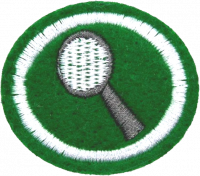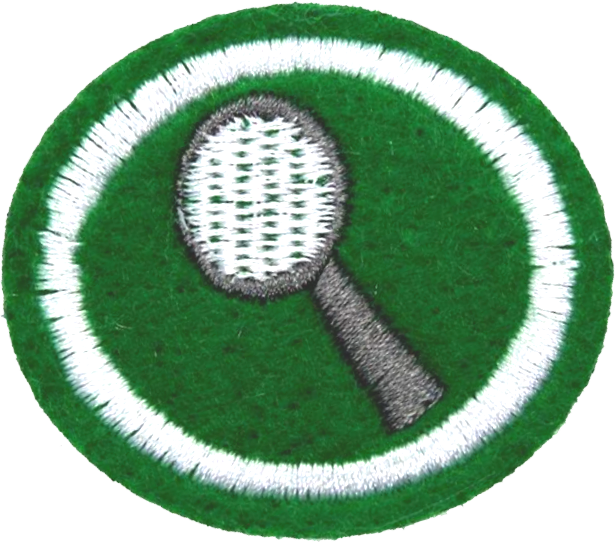AY Honor Collector Answer Key
From Pathfinder Wiki
1
Explain what a collector does and why this activity is increasingly recommended for people living in large cities.
2
Visit an art exhibition or a craft fair and make a list of the various collectibles that are found there.
3
Make a list of at least ten items that people are collecting today.
4
Together with your instructor, complete one of the following requirements:
4a
Start a collection for your club. Help choose a type of collection and develop a creative exhibition, write a paragraph about why it was chosen, make a list of what it should say in the description of the items and contribute with at least five different points.
4b
In an existing club collection, help in the organization and conservation. Also contribute with at least five items. Write a paragraph about the existing collection, evaluate the current state of the collection and suggest what could be improved.
5
At your club or at a specialized institution, attend a conference given by an experienced collector on the peculiarities of the activity. Write a report of no less than 500 words on the care of collections, how to get new objects and other interesting things learned.
6
What happens when an item in the collection (or an entire collection) has a very high price? Is that value always more important to the collector?
7
Start three different collections (preferably one of them should be similar to the speech in requirement 5), with a minimum of 15 items each. Demonstrate the ability to sort, classify and identify items and specify (where possible): date, time, place of origin, estimated value, location where it was found, and other specific details related to selected collections.
8
Participate in an exhibition of collections in your club, school or church, with at least two personal collections, organize the objects properly identified with the necessary clarifications for the visitors.



